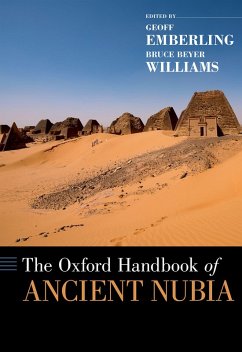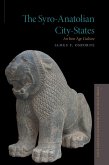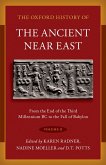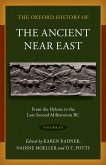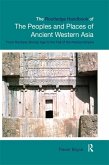The cultures of Nubia built the earliest cities, states, and empires of inner Africa, but they remain relatively poorly known outside their modern descendants and the community of archaeologists, historians, and art historians researching them. The earliest archaeological work in Nubia was motivated by the region's role as neighbor, trade partner, and enemy of ancient Egypt. Increasingly, however, ancient Nile-based Nubian cultures are recognized in their own right as the earliest complex societies in inner Africa. As agro-pastoral cultures, Nubian settlement, economy, political organization, and religious ideologies were often organized differently from those of the urban, bureaucratic, and predominantly agricultural states of Egypt and the ancient Near East. Nubian societies are thus of great interest in comparative study, and are also recognized for their broader impact on the histories of the eastern Mediterranean and the Near East.
The Oxford Handbook of Ancient Nubia brings together chapters by an international group of scholars on a wide variety of topics that relate to the history and archaeology of the region. After important introductory chapters on the history of research in Nubia and on its climate and physical environment, the largest part of the volume focuses on the sequence of cultures that lead almost to the present day. Several cross-cutting themes are woven through these chapters, including essays on desert cultures and on Nubians in Egypt. Eleven final chapters synthesize subjects across all historical phases, including gender and the body, economy and trade, landscape archaeology, iron working, and stone quarrying.
Dieser Download kann aus rechtlichen Gründen nur mit Rechnungsadresse in A, B, BG, CY, CZ, D, DK, EW, E, FIN, F, GR, HR, H, IRL, I, LT, L, LR, M, NL, PL, P, R, S, SLO, SK ausgeliefert werden.

